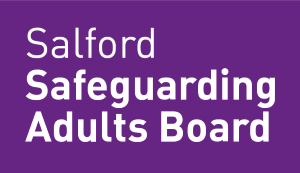In some situations, Safeguarding Adults Boards are required to conduct Safeguarding Adult Reviews. This is normally where an adult with care and support needs is seriously harmed or has died as a result of abuse or neglect and there are concerns about how local organisations have worked together to protect the adult.
What is a Safeguarding Adults Review (also known as a 'SAR')?
A Safeguarding Adults Review (SAR) looks at how local organisations worked together to look after the adult at risk at the centre of the review. It may also look at how they are working with other adults at risk in the immediate family or care settings. The review considers what was done, what worked well, what lessons can be learned for the future and what changes may need to be made.
A Safeguarding Adult Review (SAR) is not an enquiry into the cause of an individual death or injury. It does not look for someone to blame and it is completely separate from any investigation being undertaken by the police or a coroner. The SAR concentrates instead on whether care professionals and organisations can learn anything from what happened.
The purpose of a learning review is;
- To establish whether there are lessons to be learned about the way in which local professionals or organisations work together to safeguard and promote the welfare of adults at risk
- To identify clearly what those lessons are, how they will be acted upon and what changes might be necessary
- To improve how agencies work together and better safeguard adults at risk
- To identify any areas of good practice and what worked well
